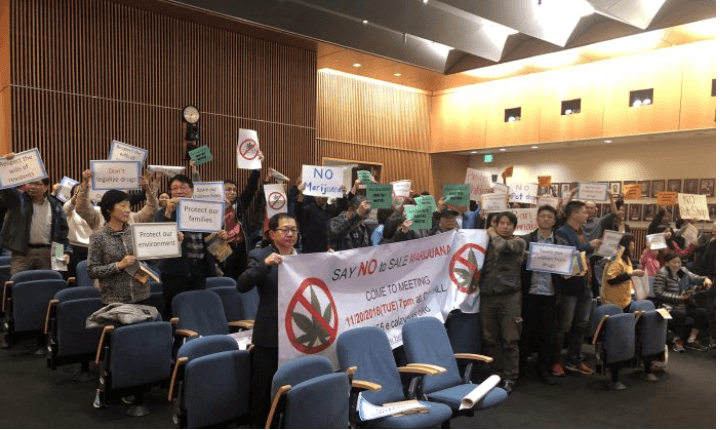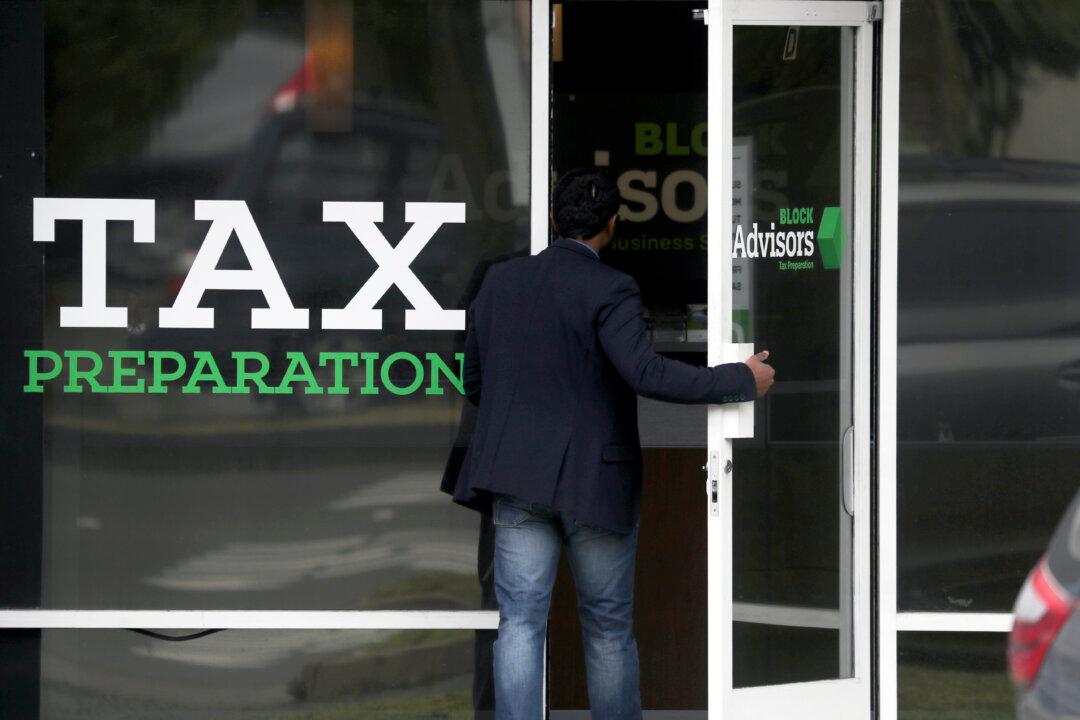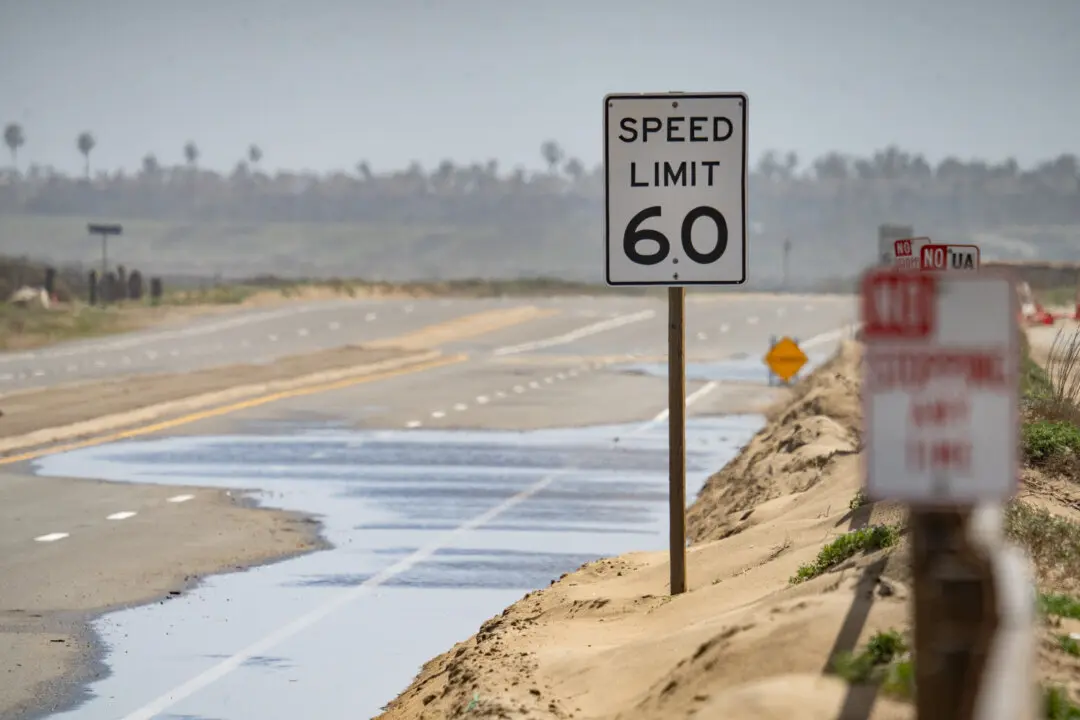SACRAMENTO—California State Senator Jerry Hill (D-San Mateo) introduced Senate Bill 625 in April. SB 625 recently passed the senate and is now heading to the state assembly.
Hill introduced SB 625 in an attempt to close a “loophole” created by his Senate Bill 65 back in 2017. The already chaptered SB 65 used language that made the usage of alcohol, smoking, and cannabis “technically” legal in public transportation, such as buses and taxis.





